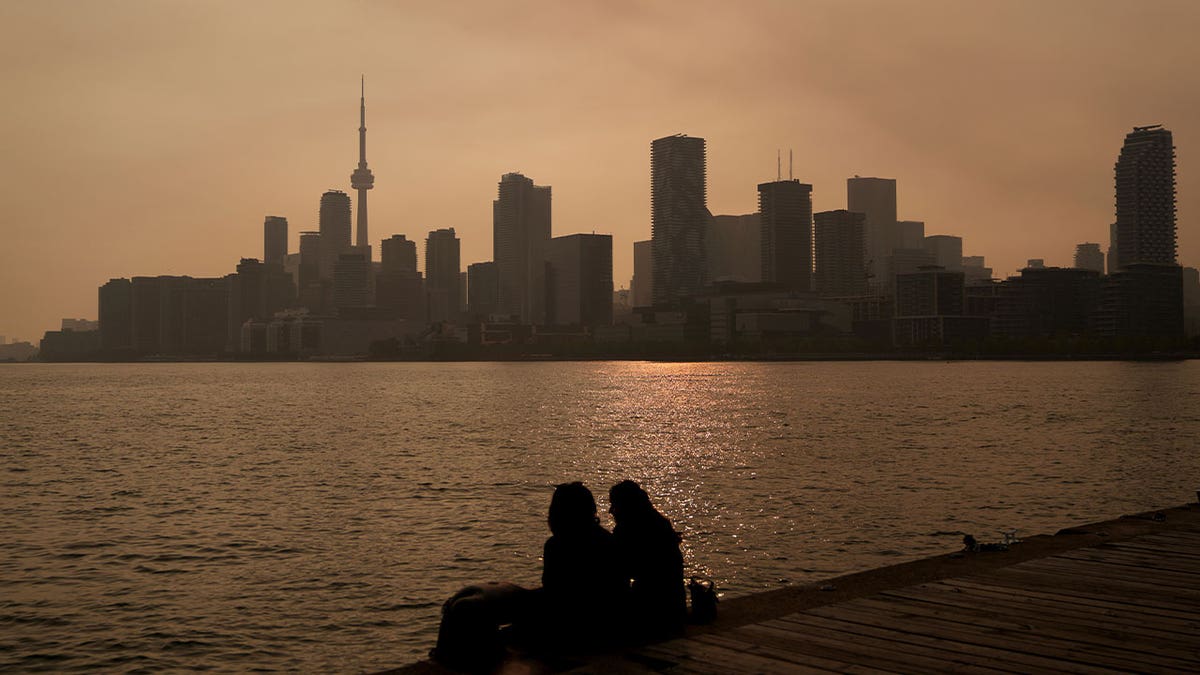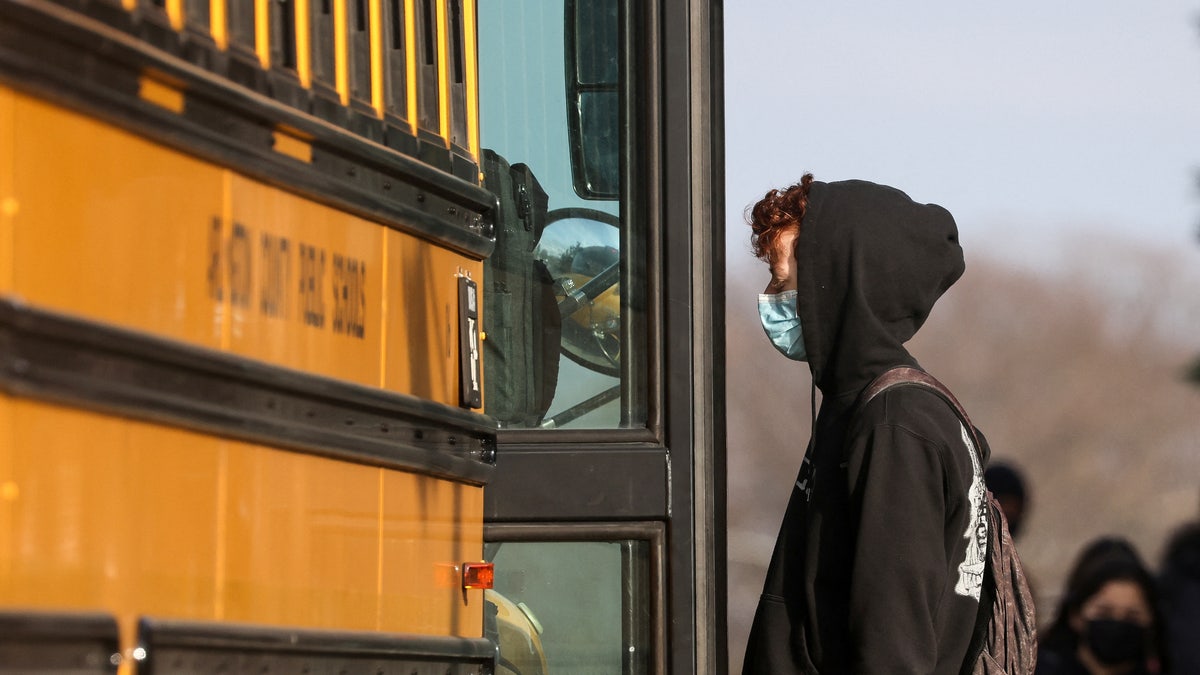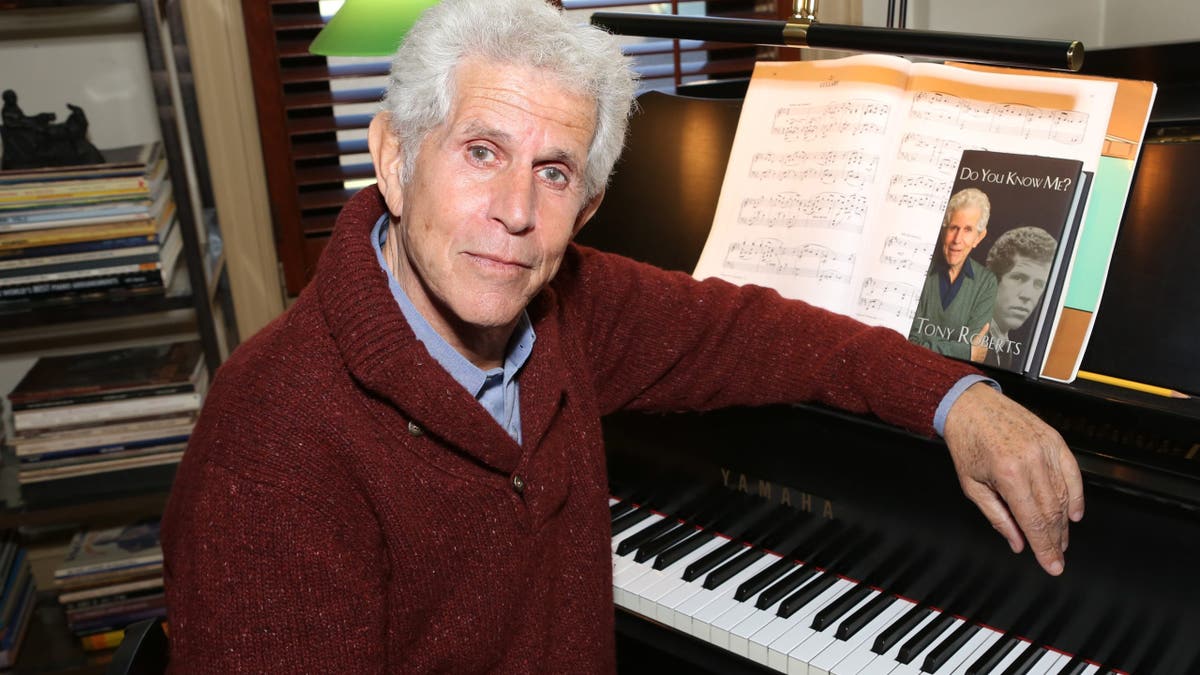Widespread smoke from relentless Canadian wildfires is projected to worsen across Canada and the United States in the coming days. Recent heavy rains in Quebec unfortunately missed the most active fire zones, exacerbating the already dire situation.
The smoke has created a haze across vast stretches of both countries, reaching as far south as Illinois, Indiana, Ohio, and parts of West Virginia. Canadian officials have declared this the nation's worst wildfire season on record, with air quality concerns expected to persist throughout the summer.
The fires ignited early in the season due to unusually dry conditions and spread rapidly, quickly overwhelming firefighting resources. Meteorologist Steven Flisfeder of Environment and Climate Change Canada predicts the smoke will continue to drift over Quebec and Ontario, deteriorating air quality. He emphasized that the smoke will remain a concern for both Canadians and Americans as long as the fires burn.

Toronto residents observe a smoky sunset on June 28, 2023. (Chris Young/The Canadian Press via AP)
Flisfeder stressed that the hazy conditions will likely continue unless substantial rainfall aids firefighting efforts. He noted that the regions receiving the most rain were not the areas with the most active fires. Detroit experienced some of the worst air quality in the U.S. on Wednesday, with unhealthy haze extending south into Missouri and Kentucky.
NASA reports that the wildfire smoke has even traveled across the Atlantic, reaching the Iberian Peninsula, France, and other parts of Western Europe. Currently, 490 fires are burning across Canada, with 255 classified as out of control. Quebec alone has 110 active fires.
The total area burned has already exceeded previous records, with nearly 30,000 square miles scorched – an area comparable to the size of South Carolina. Fires are active in almost every Canadian province. Ontario's Chief Medical Officer, Dr. Kieran Moore, advises residents to make checking air quality a daily routine this summer, calling it the "new normal."
The impact of the smoke is evident in Toronto, where schools and childcare centers have halted outdoor activities. In northern Quebec, nearly 1,200 vulnerable individuals from Cree communities have been evacuated due to the fires and smoke. Dr. François Prévost of the Cree health board reported that while the evacuations have been relatively smooth, the situation presents significant health, logistical, and cultural challenges.








